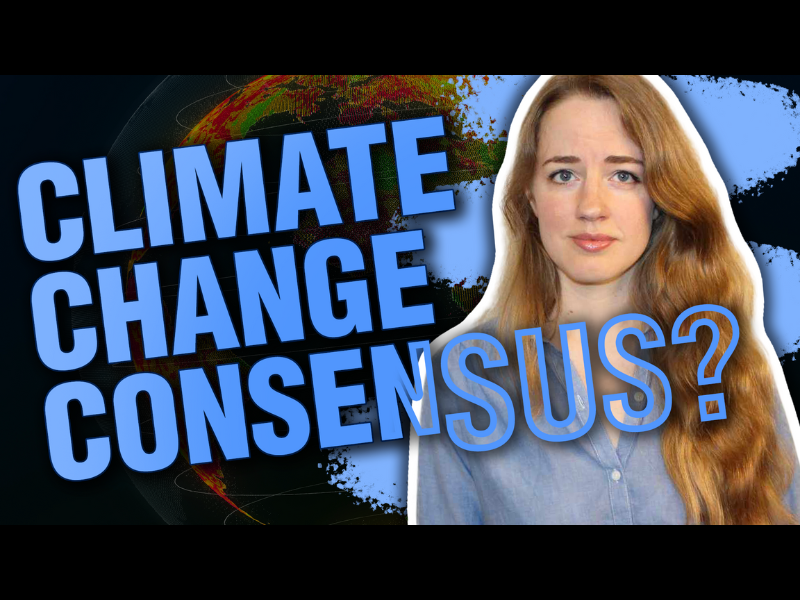President Trump said Thursday that the United States formally will withdraw from the Obama-era Paris climate accord. Despite the decidedly shrill cries made by environmental groups claiming withdrawal from the accord will spell doom for Earth’s climate, the poorly negotiated treaty would have done very little to avert global warming and would have hurt everyday Americans struggling to pay their bills and seeking to find high-paying jobs.
To meet the stringent requirements of the Paris agreement, President Barack Obama enacted arduous regulations on U.S. industry and workers for no real-world, tangible environmental benefits.
A prime example is Obama’s Clean Power Plan, which every year would have imposed billions of dollars in compliance costs on businesses and workers and 11 to 14 percent higher electricity costs and led to the destruction of tens of thousands of jobs, according to a study by NERA Economic Consulting. And what would Americans have received for all this trouble? According to the climate models used by the Obama administration’s Environmental Protection Agency, the Clean Power Plan would have averted only .018 of a degree Celsius of future potential warming by 2100, an amount so small, it is impossible to detect with any confidence by even the most sophisticated scientific equipment.
Even Gina McCarthy, who headed EPA under the Obama administration, conceded the so-called value of the Clean Power Plan was not measured by how much the regulations would reduce future global temperature, but by “showing strong domestic action, which can actually trigger global action.”
So, what kind of “global action” did the Clean Power Plan trigger, exactly? The answer is very little.
Even the climate models used to develop the Paris accord say these measures would have avoided just 0.2 of a degree Celsius of potential future warming, and only if all pledges were met by 2030 and held through 2100 — a condition that is highly unlikely to be fulfilled because China, India and Pakistan continue to rapidly build additional coal-fired power plants and have promised to peak their emissions only “sometime around” 2030.
In the meantime, another NERA study found that the price of complying with Paris would have been disproportionately placed on the backs of the American people in the form of rising electricity prices and the loss of up to 440,000 jobs by 2025 and up to 6.5 million industrial-sector jobs — 3.1 million of these in manufacturing — by 2040. It also would have resulted in the transfer of billions of dollars from hardworking Americans to the United Nations’ Green Climate Fund.
President Trump was right when he said in his speech announcing the decision to leave the Paris climate agreement he represents the people of Pittsburgh, not Paris. It’s refreshing to have a president who puts American interests first and refuses to partake in symbolic gestures that would hamper the economy in exchange for nothing more than trivial reductions in future global temperature.
[Originally Published at San Francisco Chronicle]





